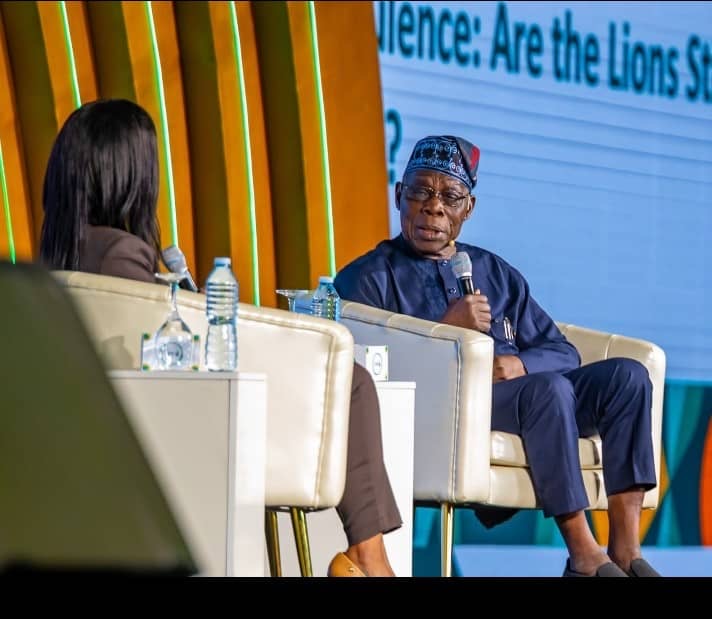Obasanjo library accuses EFCC of unlawful invasion
Library
By Bukola Adetoye
The management of the Olusegun Obasanjo Presidential Library (OOPL), Abeokuta, has berated the Economic and Financial Crimes Commission (EFCC) for allegedly invading its premises.
The management accused the EFCC of violating the rights of guests during a private event in the early hours of Sunday.
The News Agency of Nigeria (NAN) reports that EFCC operatives reportedly stormed the Green Legacy Hotel, located within OOPL, and arrested some persons suspected to be internet fraudsters.
The EFCC operatives carried out the raid during a pool party at the premises of the library.
Reacting to the incident, OOPL management, through Mr Kayode Adeyemi, Special Adviser on Media to ex-President Olusegun Obasanjo, described it as an invasion of private property.
Adeyemi also described the EFCC’s action as an infringement of corporate rights and a blatant violation of the rights of those who gathered for the event.
He alleged that more than 50 armed men, claiming to be EFCC operatives and led by one “Olapade,” stormed the complex without presenting a warrant.
He further demanded an explanation for these actions and an apology to all affected, including those injured during the chaos allegedly induced by the operatives.
According to him, shots were fired, causing panic and injuries as guests fled the premises.
“This morning, at about 2 a.m., the OOPL premises were invaded by a Gestapo-like gang of over 50 armed men.
“They were shooting guns, threatening to kill people, and claiming to be from the Economic and Financial Crimes Commission (EFCC).
“The invasion, led by one ‘Olapade,’ caused panic and chaos, resulting in serious injuries as participants tried to escape the near carnage.
“On inquiry by phone, ‘Olapade’ told the OOPL Managing Director, Mr Vitalis Ortese, they acted on an intelligence tip about a private event.
“It should be noted that the event had been publicly advertised to members of the public days before.
“This gangster-like action caused terror among residents and guests,” Adeyemi said.
He said the library management would escalate the matter to EFCC leadership, the police, and the Department of State Services (DSS), demanding an explanation and apology.
Adeyemi warned that failure to address the grievances could lead to legal action and calls for sanctions against those responsible.
“Management reiterates that this EFCC action is a clear invasion of private property and a blatant violation of OOPL’s rights as corporate citizens.
“Investigations into the invasion have commenced, and the matter will be pursued with the EFCC, police, and Department of State Security (DSS),” he added. (NAN) (www.nannews.ng)
Edited by Kamal Tayo Oropo





